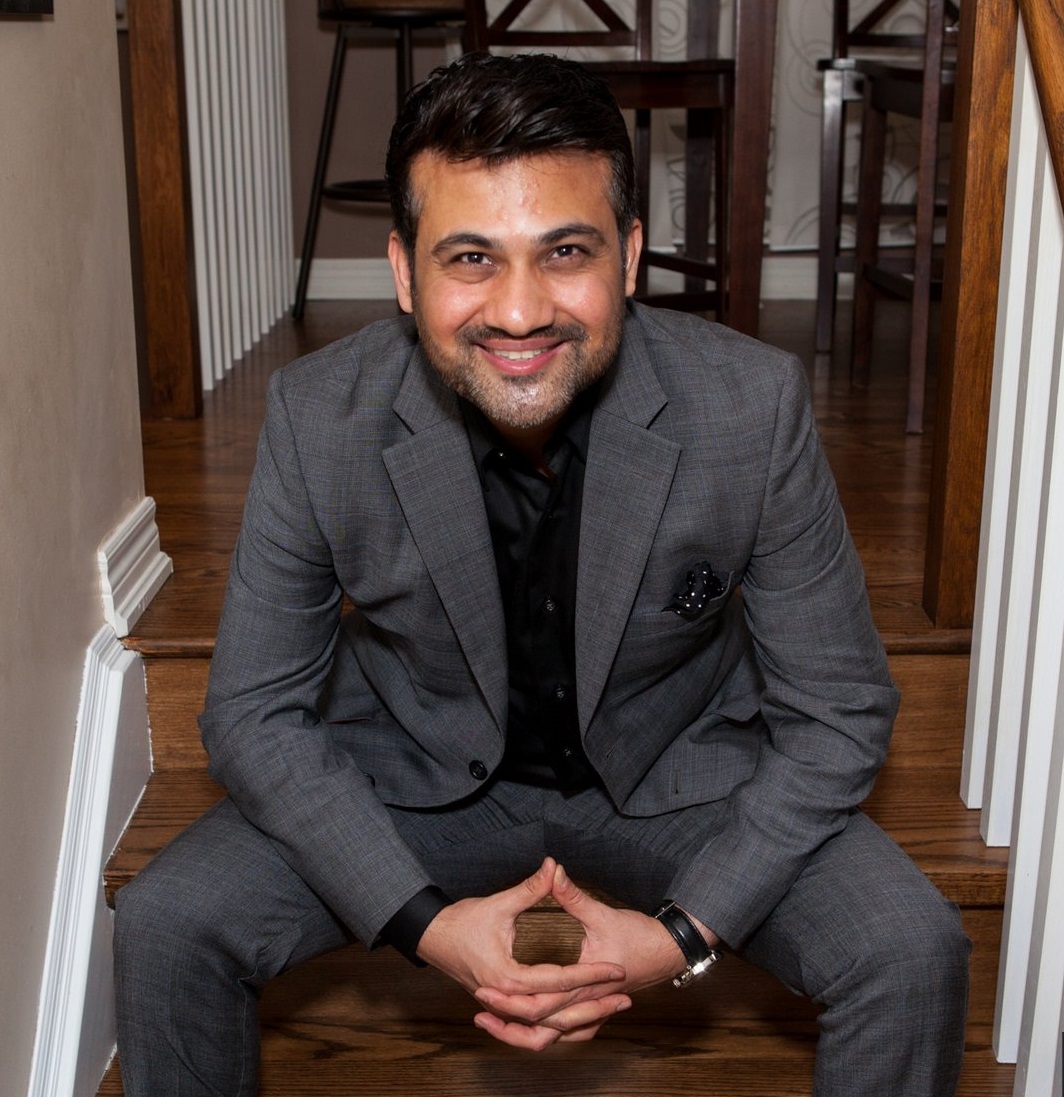I learned it the hard way.
As I struggled to get out of bed in vain, I stretched my arm to snooze the alarm for the umpteenth time, pitying myself at being too languid to turn up for work. Fatigued and achy from months of putting work before health, I called in sick but continued blaming myself for the unproductive day that lied ahead. I was clearly inching toward an inevitable burnout. I worried incessantly about all the deadlines I would miss that day and about having to face the chill wind of the hiatus once I got back on my feet.
That was me a few weeks ago on a Friday morning right before the Christmas holidays. Had it not been for that day, I would have thought that my mind and body had gotten used to the fated predictability of my work day, the impossible multitasking and the workload that barely afforded me five to six hours of sleep. It had gotten to a point where I needed to take a decision — and a stand. That was my moment of truth; to tune out or to flake out.
Finally, I resolved to fall off the grid for the next couple of hours. I checked my email for one last time that day and shut my phone off while my Facebook buzzed and my Twitter chirped, pleading for attention. When I woke up four hours later, I had made my decision — I had to slay the dragon before I could save the princess. I needed to tune out more often in order to avoid a burnout.
Almost at the flip of a coin, I had done the impossible. And bam! I suddenly felt my aching head giving way to a renewed verve to focus on the things that mattered. This was unexpected for me. And it felt great. To my surprise, I didn’t feel the anxiety of missing out on the menial chores of the day and didn’t miss the adrenaline rush of multitasking. I thought to myself “so that’s what it feels to tune out.” That day I resumed work on the manuscript of my book — something I had been putting off for many days.
Next Monday, I applied for two weeks of vacation (staycation) to spend time with family and finish the manuscript before Christmas holidays. During that time, I mostly kept my phone turned off save a couple of hours in the evenings. I was finally able to focus on the one thing that mattered most at the time. Right before the end of holidays, I had finished the manuscript of my book and sent it off for publication — a feat that would have taken me months to accomplish otherwise.
The two weeks were just meant for some downtime; nothing else. I didn’t want it to be a hectic vacation where I would shuttle from one tourist destination to another, all the while worrying about the sights and sounds I was missing. Instead, I purposely pampered myself like I had never done before. I went out for walks, read books, listened to my favourite music, went to the gym and at times did nothing. Nothing at all.
The things that happened when I tuned out
- The world didn’t come tumbling down on me. Everything took care of itself. I missed a few phone calls (well, quite a few actually) but it turned out that everything could wait. I had a voicemail greeting and an out-of-office reply that set realistic expectations.
- Tuning out for two weeks gave me ample time to reflect on the overall direction my life was heading in. I re-strategized a few things and made a few tweaks to my three-year resume (yes, I actually have a resume that tells me where I want to be in the next three years). I realized that nothing is more important than my health. My health — both mental and physical — has to be at its optimal strength for me to perform at my best.
- I could focus on my sleep, diet and workout. I went back into the balanced routine I had forgotten about. I slept well, had all the time in the world to prepare healthy meals well in advance and to work out like a pro. At the end of the two-week tuning out ritual, I could feel my energy and focus returning back to their peak levels.
- I was able to re-connect with the people who mattered the most; family and close friends who I had not been able to spend a decent amount of time with for past many months. It improved my relationships and brought back that enigmatic sense of holistic well-being I had long forgotten about.
- I discovered that the only reason I had been procrastinating important personal projects was because I lacked the focus to start and finish them. My mind drifted to tend to the things forced upon me too often to bring the required focus into the things I loved to do. Tuning out made me more creative. After yanking out all distractions from my day, even spending as little as a few hours each day helped me finish the manuscript of my book and send it off for publishing in just two weeks.
- I realized that despite the pace of life and the expectations people have of us, it is possible to tune out at regular intervals throughout the year to bring back the energy and focus that is essential to maintain a healthy balance between work and health. Tuning out once every few months helps you tune back into your conscience and listen to your deepest voice that reminds you what’s important in life and what isn’t.
In order to ensure that it wasn’t just a one-time occurrence, I have factored my tune out regime in my yearly calendar so that I am able to spread it out at nearly equal intervals. A week every three to four months would suffice for me and will give me the required downtime to focus my energies back to what matters in life based on my vision for the future.
Originally published at medium.com
© Majid Kazmi 2017
Majid Kazmi is an entrepreneur, community leader and board member based in Toronto. He is a Partner & Co-founder at uGen Group (www.ugen.ca), and the Co-Founder & CEO of Valu Ventures Inc. (www.valuventures.ca). He is a former Board Member at Toronto Workforce Innovation Group and H2O4ALL. Kazmi tweets as @MajidKazmi1. Click here to see his personal website.


